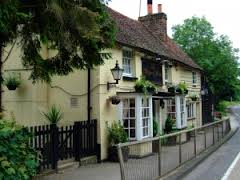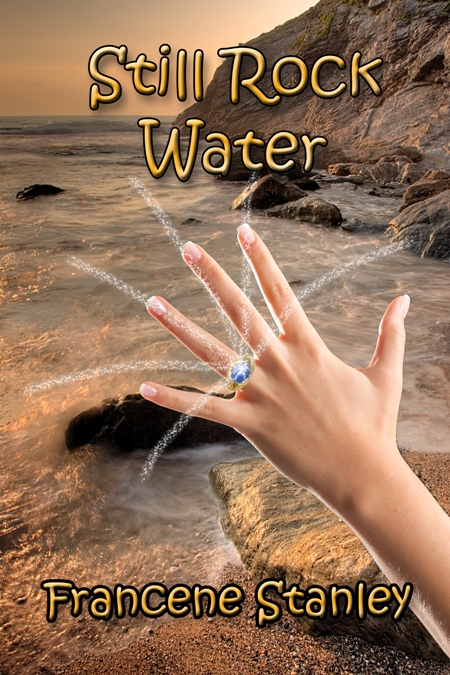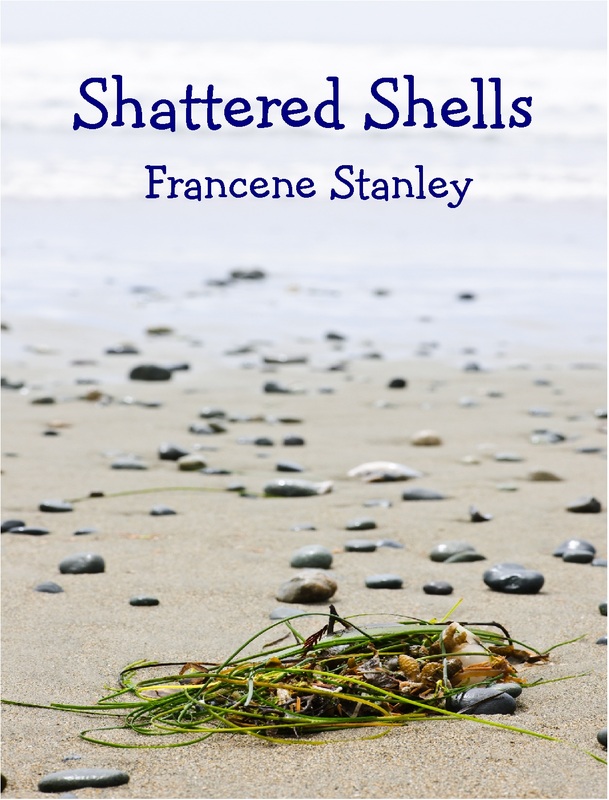Merry old England showed the state of inebriation in the 1800s. Early on, various non-conformist groups, notably the Methodists, Quakers and The Salvation Army, lobbied parliament to restrict alcohol sales due to what they saw of men and women's behavior in the streets. In 1876 the British Women's Temperance Association attempted to persuade men to stop drinking. From 1880 to 1882 the cause of abstinence was revived by the Gospel Temperance or Blue Ribbon movement, based in America. They sent a member to promote their cause in England through mass meetings held up and down the country.
The Temperance Movement in the USA in the 1800s many people took a pledge never to drink alcohol. Widespread drinking was a way of life in the USA like the UK. People accustomed to hard physical labor often drank when working and were often paid with drink as well as money. In many parts of the country few drinks existed that did not contain alcohol, and it was often considered healthier to drink fermented and distilled beverages than water, which was often contaminated.
 Waggon and Horses - Elstree
Waggon and Horses - Elstree More than one in five adults (21%) do not drink alcohol at all, according to the Office for National Statistics’ Adult Drinking Habits in Great Britain report released on Friday.
The number of under-25s opting for total abstinence from drink has jumped by 40 per cent in just eight years as young people overtake the elderly as the most sober generation.
Alcohol consumption in a population can be measured by analyzing production and sales statistics, or by asking people about their drinking habits through surveys. New figures published by the Office for National Statistics show that more than a quarter of young people do not drink alcohol at all and binge drinking is also in decline.
In London, which is both the youngest and most ethnically diverse region of the UK, one in three people is teetotal. The rise in total abstinence has coincided with the growth of the Muslim community in Britain. A series of studies suggests a wider shift in attitudes among the young, who hold more conservative views on drinking, smoking, gambling and sex than their predecessors.
Until recently, drink played a large part in the British way of life. The number of old inns and newer pubs is testimony to that.
When we first moved to Elstree, Hertfordshire, there were four pubs within walking distance. The building next door, The Artichoke, is now a synagog. Past that to the left of our home, the old Holly Bush has closed. At the top of the hill, The Plough now operates as a Chinese restaurant. The only one remaining on the old Roman built Watling Street, the medieval Waggon and Horses remains open although the establishment has changed hands every few years for as long as I can remember.
With many customers unhappy about new laws banning them from smoking inside pubs, drinkers have taken to buying in bulk from supermarkets and sitting alone in front of the television. Hardly a representation of merry old England.
Well, if that's the image the British were once proud of, I'm glad of the change.
On the same subject, television programs and films from around the world show the characters with a drink in their hand, or pouring themselves a drink in scene after scene. Surely that's not the norm. If filmmakers need to have their characters do something in the daytime or even at night, let it be gulping down a clear glass of water. That would send a better image to our youngsters.
My husband used to drink a lot of alcohol. I didn't like the way it affected his behavior. The problem is, drinkers like the buzz the drink gives them and can't see the impression they leave on everyone else. He doesn't drink at all now, partly because he can't afford it now he's retired, and partly because he's ill.
I know—all you people who like a glass or two to relax you will say you're doing no harm.
'Fess up. Do you plan to drink alcohol to celebrate Valentine's Day?





 RSS Feed
RSS Feed
